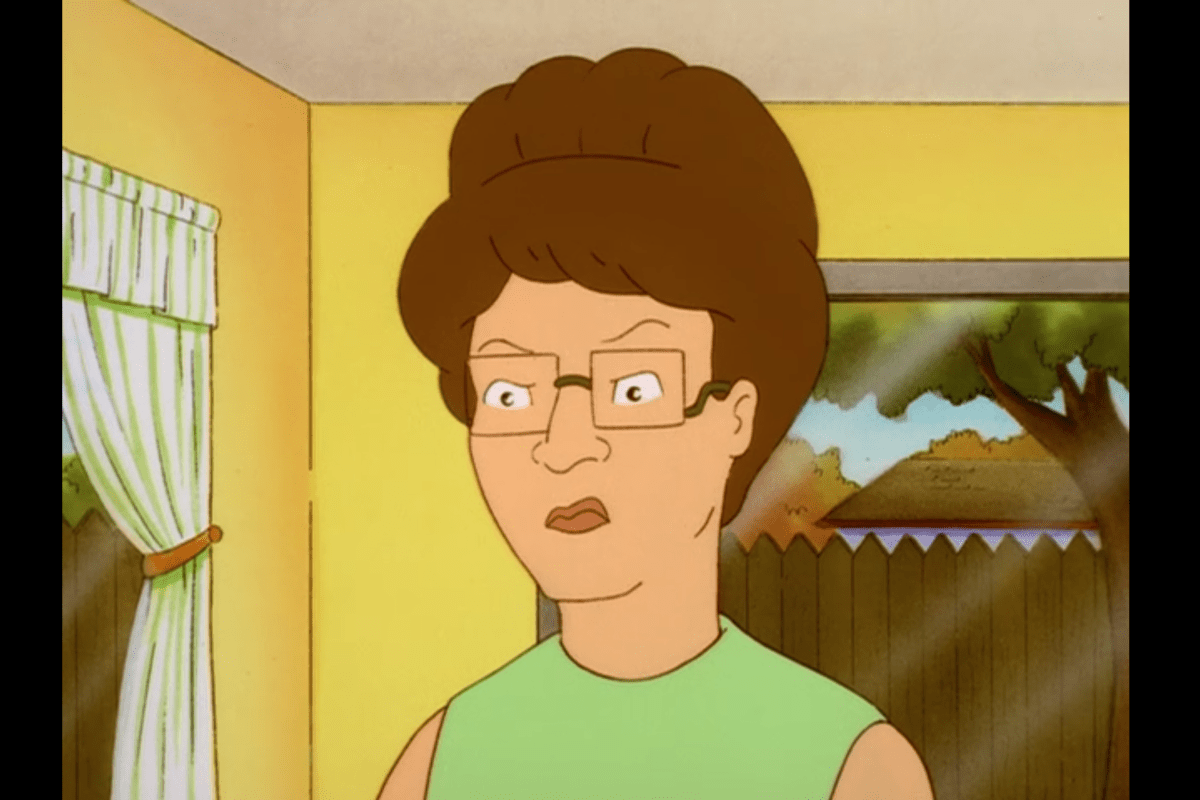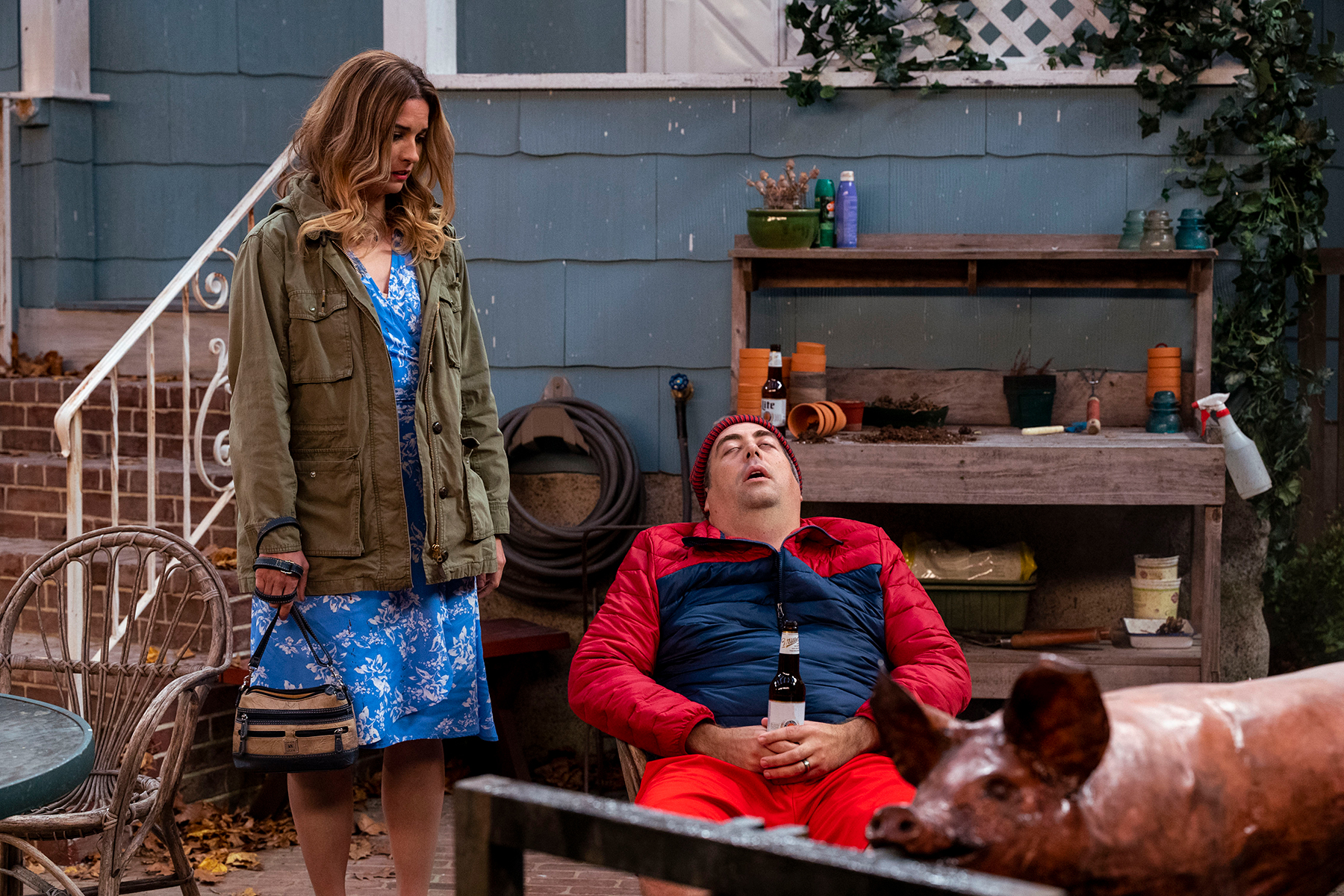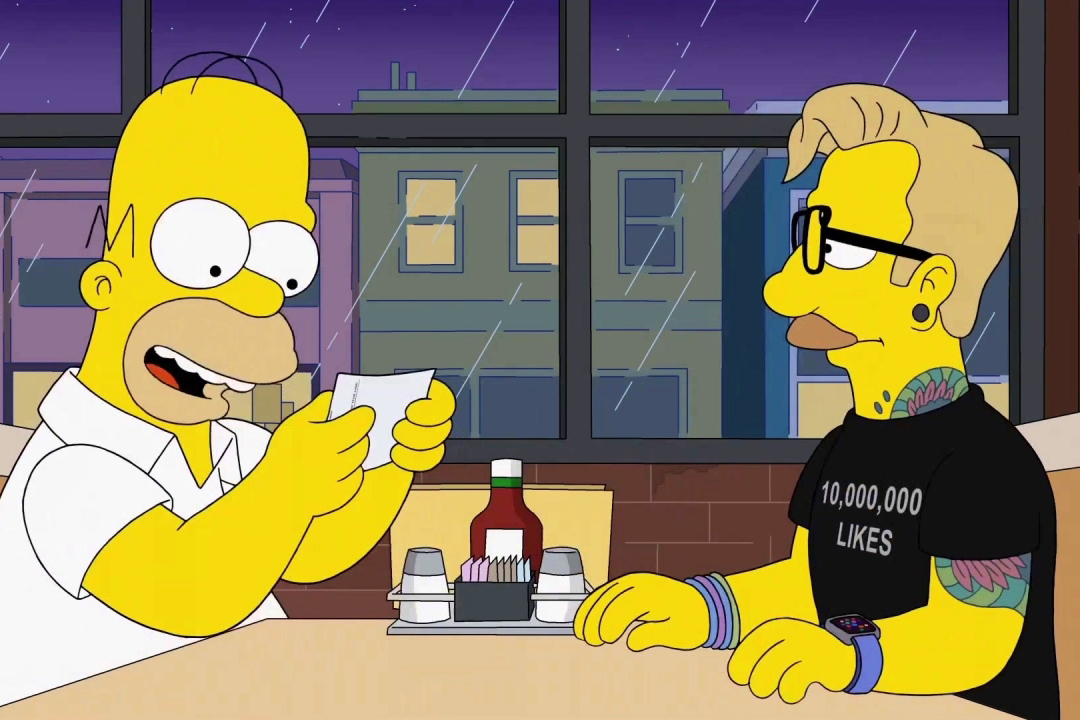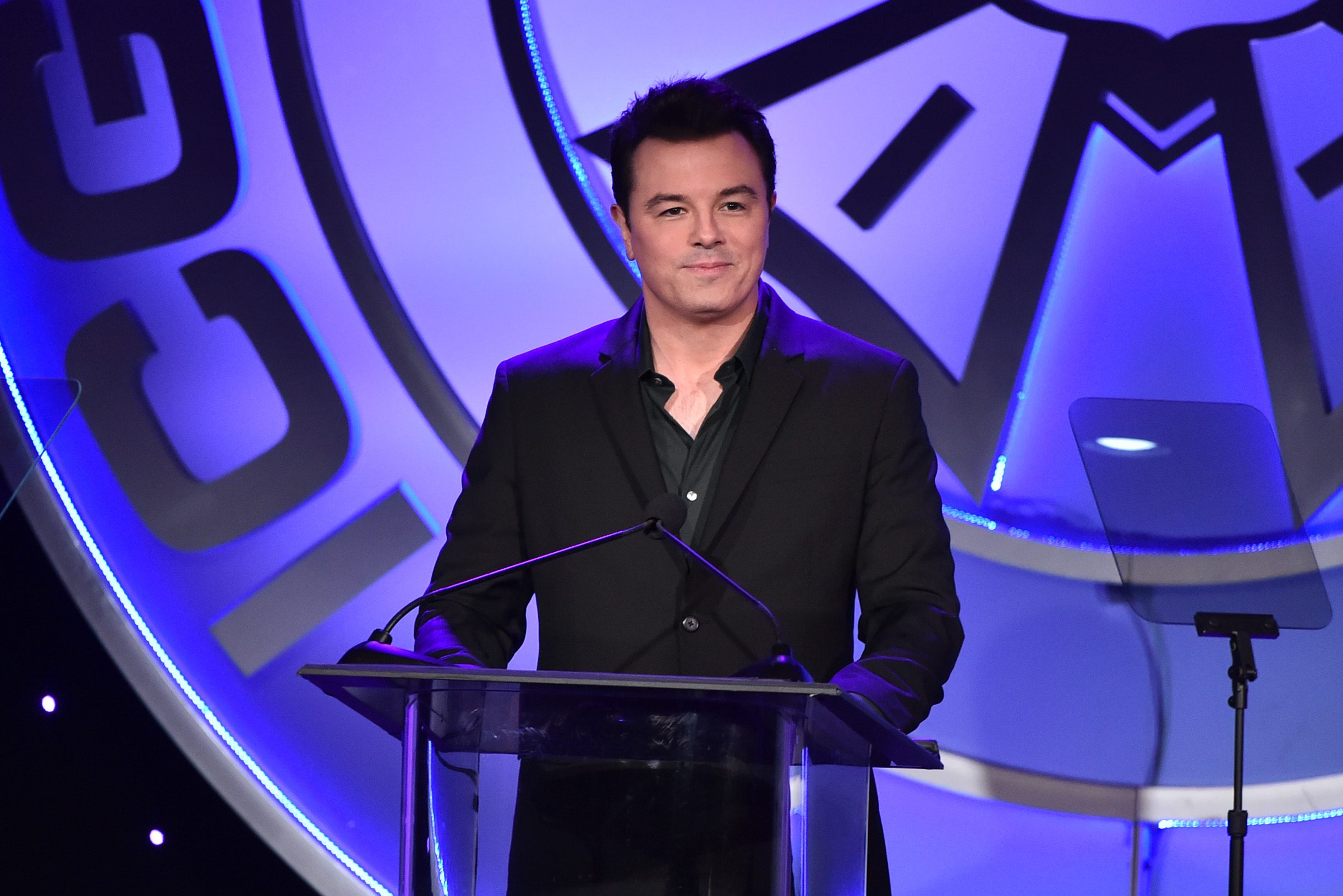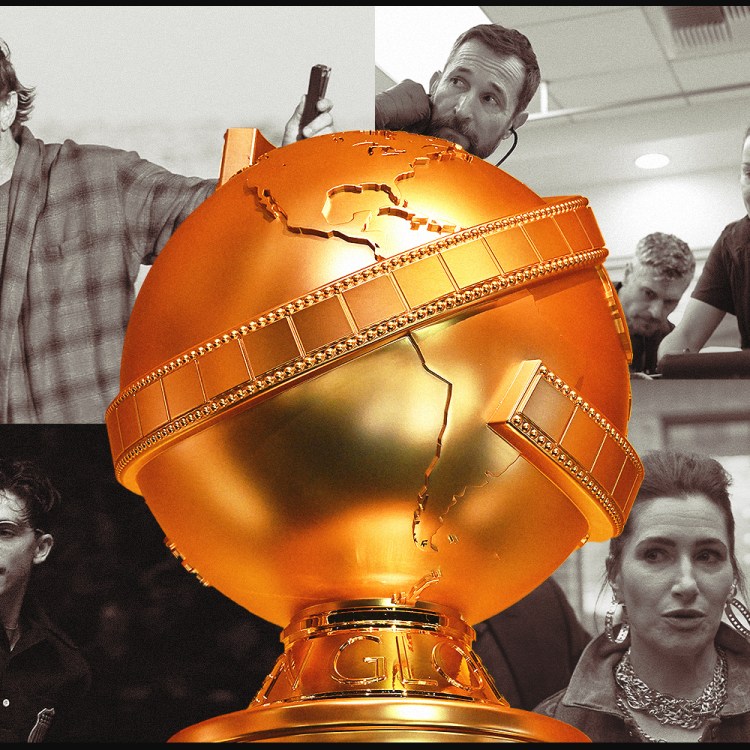We don’t have many details yet about the planned reboot of King of the Hill, save for the fact that it’ll take place 15 years after the events of the 2010 finale. But the folks at Screenrant apparently have an idea about how the beloved animated series can improve the second time around.
In a piece titled “The King of the Hill Reboot Needs to Fix Peggy’s ‘Bad Mom’ Problem,” writer Melissa Horacek argues that the new revival needs to “do away with matriarch Peggy Hill’s narcissistic ‘bad mom’ behavior to keep audiences tuned in to the show.”
“The moms in animated families, for all their laughable personality flaws and shortcomings, usually harbor a conscious duty to teach their children how to uphold ethical principles in their own lives,” Horacek writes. “As the primary mother in King of the Hill, this responsibility rests on Peggy. Modern family-oriented series like Bob’s Burgers showcase moms like Linda Belcher who aren’t perfect, but they put their children first, and if they slight their kids in any way, they circle back to right the wrong. This is not Peggy’s M.O.”
As one might expect, this did not go over very well on social media, where King of the Hill fans rushed to Peggy’s defense. Several cited the fact that she raised her son Bobby to accept himself and have a healthy body image years before “body positivity” entered the zeitgeist. Others rightly pointed out that it’s absurd to expect a show to be completely devoid of flawed characters. Television shows — especially the kind that come in quick, easily digestible 30-minute installments — rely on conflict to drive their plots forward. A show in which every character is a perfect human being who does the right thing 100 percent of the time wouldn’t just be incredibly boring — it’d be damn near impossible to write.
But beyond that, why do we hold the mothers in our sitcoms (animated or otherwise) to a higher standard than the fathers? Horacek claims that “King of the Hill is noted for its lowkey, straightforward humor, so when the writers bestow Peggy’s character with narcissistic storylines, it is difficult to separate her selfishness from her duty as the sitcom’s maternal figure.” But why is that specifically her duty? Why is it only the moms in these shows who are burdened with this duty while the dads — like The Simpsons’ Homer Simpson, Family Guy‘s Peter Griffin or countless other examples — are allowed to be self-absorbed buffoons who don’t have the slightest inkling how to parent their children?
For far too long, sitcoms have relied on the “dad’s a goofy slob who has no idea what he’s doing, mom’s a humorless nag who’s way out of his league” formula. The fact that Peggy Hill is allowed to be a “bad mom” is downright progressive. She’s one of only a handful of examples of sitcom matriarchs who have defied this trope and been granted the opportunity to be just as absurd, complicated and occasionally unlikeable as their male counterparts. (Can you imagine if someone had written an op-ed suggesting The Simpsons needs to fix Homer’s “bad dad” problem?)
Presenting viewers with a flawed character is not necessarily an endorsement of said character’s behavior — especially on an animated comedy where those traits are intentionally exaggerated to play for laughs. But maybe instead of feigning horror over TV’s bad moms, we should be asking ourselves why we’re so comfortable with the bad dads.
Thanks for reading InsideHook. Sign up for our daily newsletter and be in the know.
